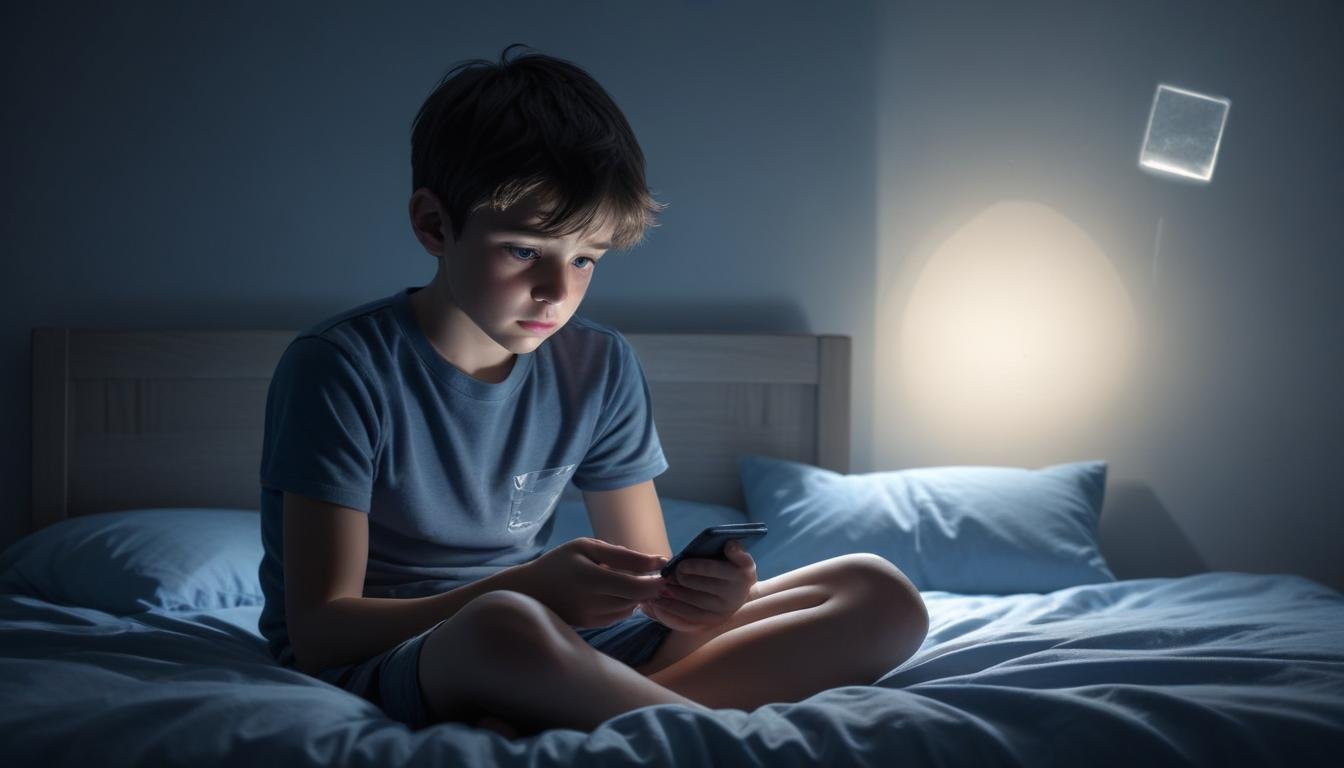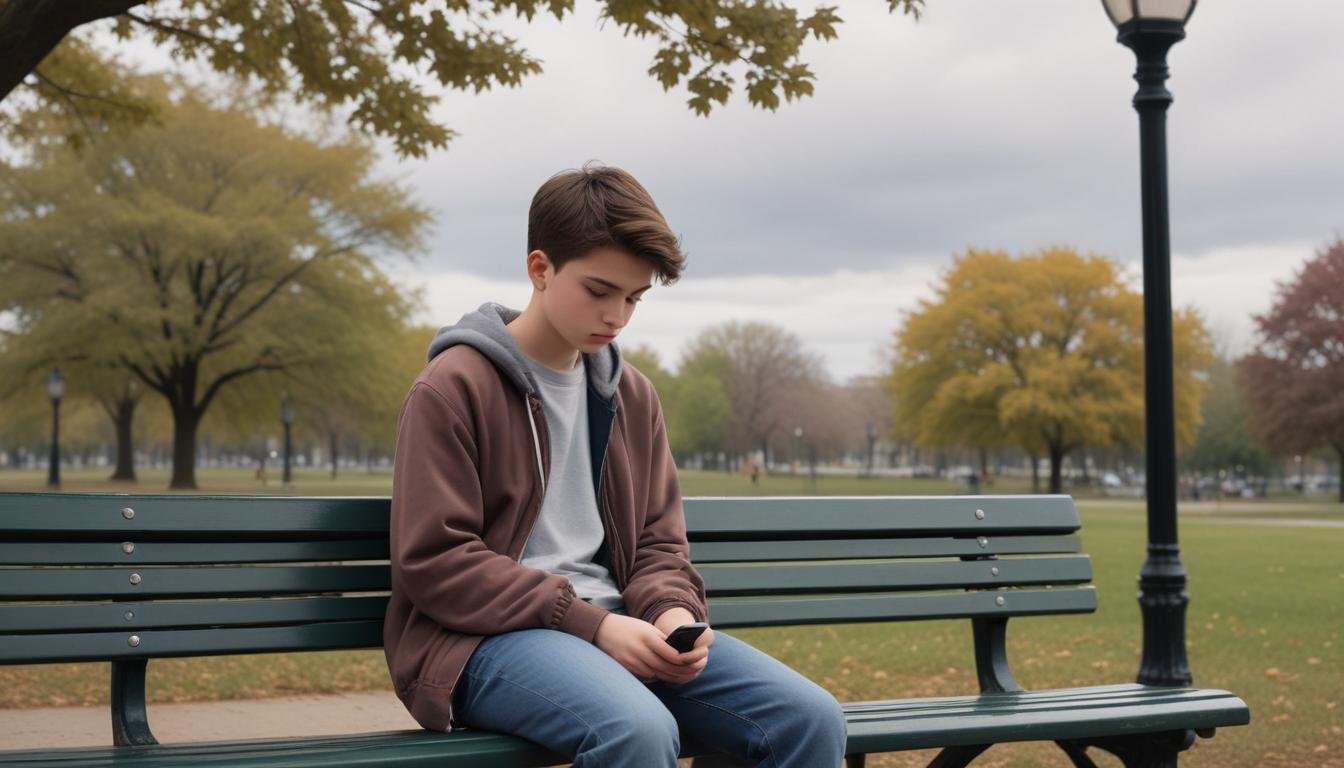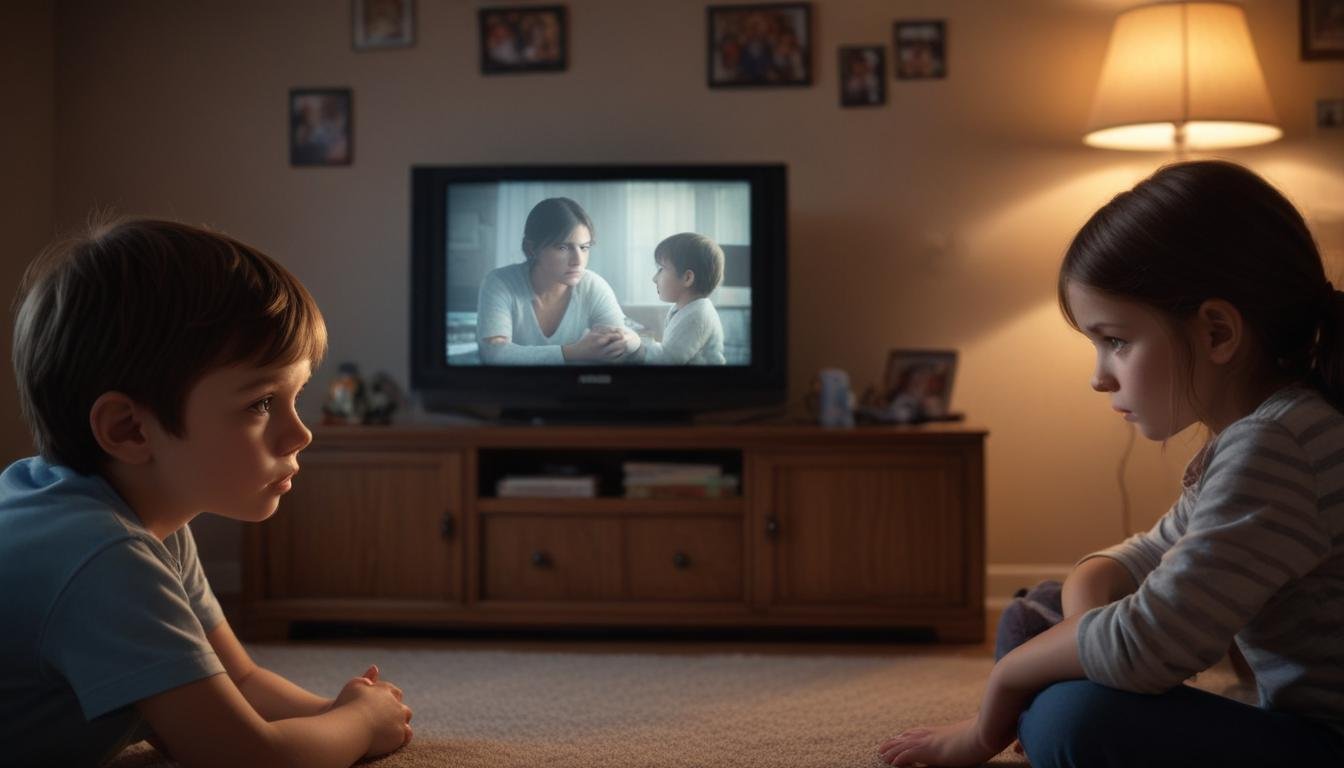Understanding the Link Between Harassment and Screen Time
Let me share something I’ve learned over the years about online habits and how they can be affected by harassment. As a family, we often talk about our screen time. With my twins, Mark and Matthew, I notice they get super excited when they play games online with their friends. But sometimes, that excitement can turn into worry. I remember one day, Patricia, my daughter, came home from school looking upset. She told me a story about a friend who was bullied online. That made me realize how serious cyberbullying can be and how it can mess with our kids’ screen time. It’s not just about having fun; it’s about feeling safe too.
In our house, we encourage positive digital habits. I always remind my kids that while the internet can be wonderful, it can also be harmful. Just like a video game can be fun, it can also become a form of digital addiction if we let it take control of our lives. I try to lead by example, showing them how to balance their gaming time with family activities outdoors. For instance, last weekend, we had a family camping trip. We ditched our screens and enjoyed nature together, sharing stories and laughing. It was a great way to strengthen our bond and push away any worries about online harassment that can lead to more screen time.
My experience as a cybersecurity expert also helps me understand the online world better. I often teach my kids about being safe online, just like I teach my students in my college classes. I want them to be aware of cyberbullying and be brave enough to talk to me if something bothers them. That open communication makes a huge difference. When we talk about what’s happening online, it helps them feel supported and less likely to fall into negative online habits.
Family discussions should be a safe space. I love hearing my kids’ thoughts and experiences. They remind me that it’s a team effort to keep our online interactions positive. And let’s be honest, even as adults, we can fall into traps of too much screen time. I see my wife, Michelle, working hard at her job as a marketing manager, often on her laptop for long hours. We make it a point to unplug together in the evenings, enjoying dinner and talking about our day. It’s those moments together that help us remember what’s really important, away from the screens.
Impact of Online Harassment on Teen Behavior
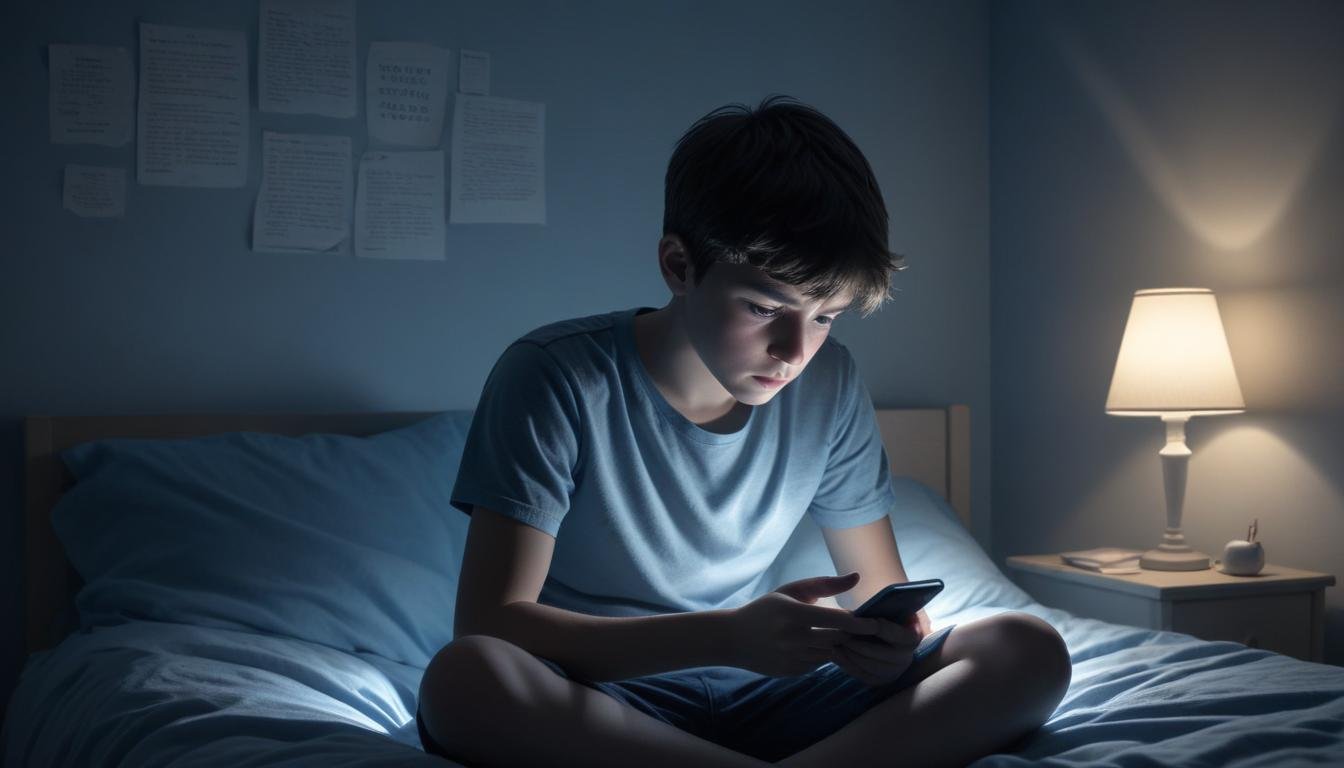
When we talk about our kids and their behavior online, it’s important to understand how harassment can really change things for them. I remember one night when Robert, my 14-year-old, came home from high school looking a bit off. He shared that some kids had been saying mean things about him online. It broke my heart to see him hurt. It made me realize that online harassment can cause kids to spend even more time looking at their screens. Instead of playing games or connecting with friends, they can get caught up in reading hurtful comments or scrolling through social media, hoping to find something positive. This is when digital addiction can sneak in.
Mark and Matthew, being younger, don’t always understand how these things affect them, but I see little changes when they hear stories about bullying. Sometimes they won’t want to join their online games because they feel nervous about what others might say. I try to use these moments to teach them about standing up against cyberbullying and the importance of being kind online. I tell them that if someone is being mean, it says more about them than it does about you. It’s so crucial for them to remember that and to find joy in their own lives, regardless of what others say.
I find myself often reflecting on how these online habits can affect their mood and behavior. Patricia, at 10, has already seen how tricky things can get online. She told me she avoids certain games because some players make rude comments. By sharing these experiences, my kids remind me that we all have to work together to create a positive online space. It’s like being part of a team! We tell each other about the good and the bad when it comes to our digital worlds.
In our family, we believe that being open is key. So, when these things happen, I encourage my kids to talk to Michelle and me. I love when they feel comfortable coming to us with their worries. This way, they know they’re not alone, and together we can come up with ways to deal with any negativity. It’s a big, and sometimes scary, world online. But by supporting each other, we can stay strong and not let harassment take over. We can remind one another to focus on our friendships, school, and the fun things we enjoy doing together as a family away from screens. Each time they feel safe sharing their feelings, it builds their confidence and helps them navigate their online experiences better. And that makes me a proud parent!
Strategies for Parents to Combat Screen Time Issues
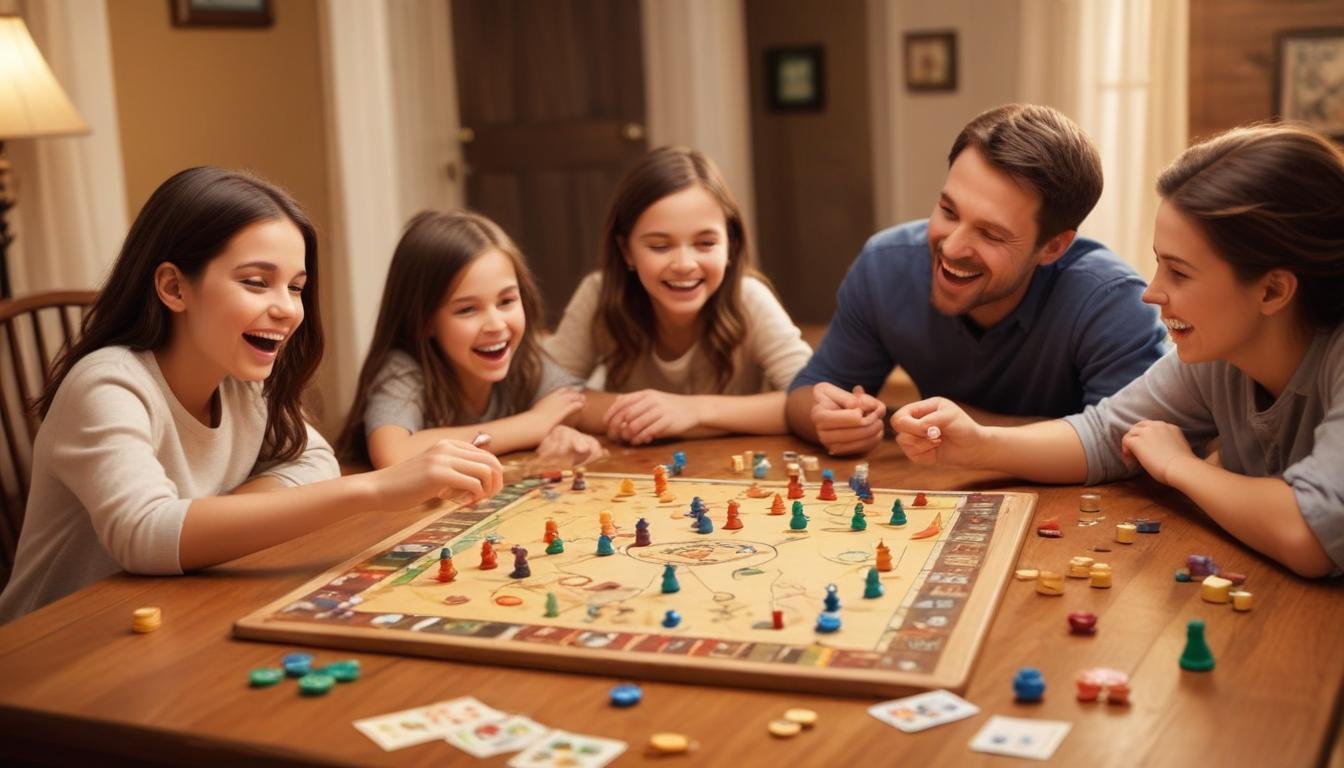
As a family, we are always looking for ways to manage our screen time better. One thing that has really helped us is creating a balance between online and offline activities. For example, every Friday night, we have family game night. We put away our screens and play board games instead. It’s a fun way to connect, laugh, and enjoy each other’s company. The boys love competing against each other, and Patricia always finds a way to steal the show with her creativity in the games. This way, they get to bond without the distractions of digital addiction.
Another strategy we’ve adopted is setting clear rules about screen time. We have a “no screens during meals” rule. This is one of our special times to catch up and share stories about our day. I remember one dinner when Robert told us about a science project he was excited about. Michelle and I learned so much about what he is passionate about, and that moment would have been missed if we had our heads buried in devices. By having these rules, we create a routine that helps keep our online habits in check.
Open conversations have also been key. We make it a point to check in with each other about our online experiences. If the kids come across anything that makes them uncomfortable, we talk about it right away. Just the other day, I overheard Mark chatting with Matthew about a game where some players were mean to each other. It warmed my heart when I saw Matthew telling his brother how they should stand up for their friends and treat everyone with kindness. These talks help them feel like they’re part of a team, and no one has to deal with cyberbullying alone.
Plus, we encourage our kids to spend time outdoors. Whether it’s riding bikes around our neighborhood or playing sports in the park, this keeps them active and happy. I often join in, showing that it’s not just their time to unplug, but a family effort. We even have weekend park days with their grandparents, Michael and Julia. They share their own stories from the past, showing how important connection is in any time period.
By working together, we create a healthy balance that allows our kids to enjoy their online adventures wisely. We talk about setting limits on how long they can play games or scroll through social media. It helps them understand that while it’s important to be connected, it’s equally important to put down the screens and enjoy life outside. And I can tell they appreciate it! They often surprise us by suggesting outdoor activities instead of screen time when they see how much fun we have together. It’s truly rewarding for me as a parent to see their understanding grow and their confidence in navigating the digital world improve.
Implementing Effective Gaming Security Measures
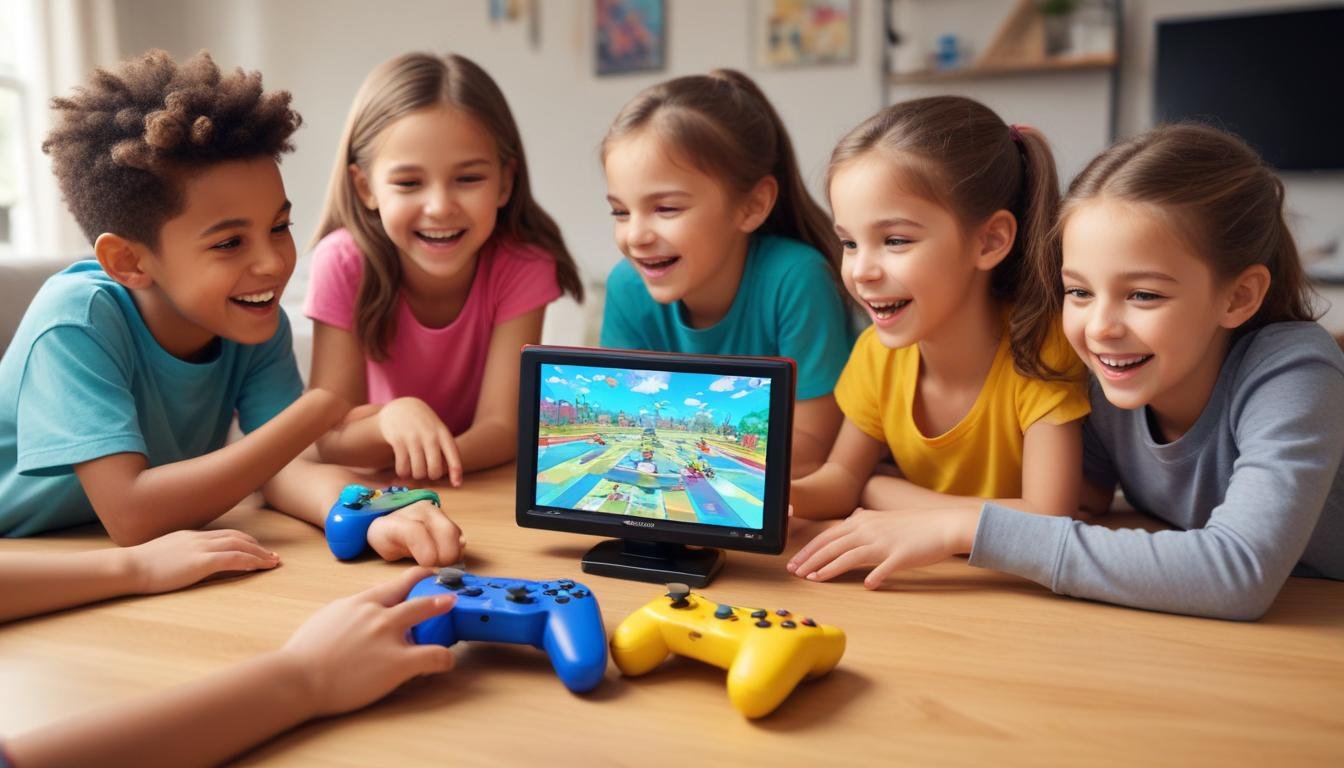
Keeping my kids safe online is really important to me. With all the games they play, I want to make sure they have tools to protect themselves. One way we do this is by setting up strong security measures on their gaming devices. I remember when we first got Mark and Matthew their gaming consoles. Michelle and I made sure to create accounts that had parental controls. This way, we could monitor what games they played and who they were playing with. I showed them how to report any mean comments or behavior they don’t like. Knowing they can take action helps them feel empowered and safer while gaming, especially with the risk of cyberbullying.
Another thing we focus on is teaching them about privacy. It’s simple to get caught up in the fun of games and forget to be careful, so we talk about the importance of keeping personal information private. We always remind our kids that they shouldn’t share their real names, addresses, or phone numbers online. It’s like having a special treasure that no one else should know about! I often share a time when I was younger and didn’t understand the dangers of sharing too much. I want them to learn from my experience.
In addition to privacy, we talk about identifying safe games and platforms. Some games are designed with a positive environment, while others can lead to negative experiences or even digital addiction. I remember one holiday season when the kids wanted a new game that all their friends were playing. We looked into it together and found out some players were not nice at all. So, we decided as a family to choose a different game that encouraged teamwork and fun instead. This was a win-win because they ended up loving it and even made new friends in the process.
We also have family gaming sessions where we play together. It’s not just about them having fun; it’s a way for me to see how they interact online. Just the other night, we all played a co-op game and had a blast! I loved watching how they communicated with each other and worked as a team. This not only strengthened our family bond but also allowed me to understand their online habits. I can point out moments when they should report a mean player or encourage kindness in the game.
Sometimes, even as a cybersecurity expert, I learn new things from my kids. They help remind me that it’s always important to keep the conversation going about staying safe online. After all, everyone can make mistakes. But by regularly reviewing our gaming practices as a family, we create a protective bubble around our kids. It’s part of our mission to ensure they don’t feel pressured or fall victim to cyberbullying. I feel proud to support them in being responsible digital citizens. Together, we can help them enjoy their gaming experiences while steering clear of negativity and danger!
FAQ

It’s super important to answer questions when they pop up about online safety and screen time. I get this all the time from other parents, and I love sharing my thoughts. People often ask about how to spot signs of digital addiction in kids. I always say, “If your child seems more interested in their screens than playing outside or hanging out with family, it’s time to take a closer look.” For example, there was a time when Robert was glued to his game every afternoon after school. I noticed he wasn’t spending much time with his friends. So, I gently suggested we plan a basketball game in the park. At first, he hesitated, but once he got moving, I could see the joy on his face. That’s a clear sign he needed a break from the screens!
Another popular question is how to handle cyberbullying. I believe that the best way is to establish open communication. For instance, after Patricia shared her experience with her friend being bullied online, we decided to have regular chats about what’s happening in their online worlds. I often say, “No topic is off-limits.” This helps the kids feel comfortable talking to Michelle and me if something bothers them. It reassures them that they can come to us without fear of judgment.
Some parents want to know what kind of games are okay for their kids. I always recommend looking for games that promote teamwork and kindness. Mark and Matthew love cooperative games where they work together to achieve their goals. It’s amazing to see how they learn to care for each other while playing, which builds their skills to combat negative online habits. For our family, these choices not only create a fun experience but also prepare them for real-life scenarios where friendship matters most.
I also hear concerns about how much time is too much time on screens. I suggest using a timer during play. It’s like setting a fun alarm! By doing this, kids are more likely to respect limits. When they know they have a certain time to play, it feels more like a treat rather than a chore. I remember Robert once setting a timer on his phone for his gaming, and when it rang, he happily put it down to join us for dinner. It was a perfect way to reinforce that balance!
In our family, we continue to work together to stay ahead of these issues. Encouraging questions about online habits and sharing personal stories makes it easier to talk about the tricky sides of the internet. Whether it’s coming together against cyberbullying or recognizing signs of digital addiction, it’s a journey we take as a team. And that’s what makes all the difference! Seeing my kids grow, learn, and support each other fills me with joy and pride as a parent.
About me
I’m Dr. Victor Lee, and cybersecurity isn’t just what I do—it’s what I’m passionate about. With my doctorate in Computer and Information Security and more than two decades of experience, I’ve witnessed the evolution of cybersecurity firsthand. I believe in sharing knowledge to make a difference, which has inspired me to teach college-level courses online. My mission is to make a meaningful impact in the fight against cyber threats.
My family is my greatest joy, with my wife and four wonderful kids. My wife, Michelle, is a talented marketing manager in her 40s. We have twin sons, Mark and Matthew, who are 8 years old and bring so much joy to our lives. Our daughter, Patricia, is a bright 10-year-old excelling in middle school. Our oldest, Robert, is 14 and navigating the exciting world of high school. As a family, we call Fresno, California, our home.
